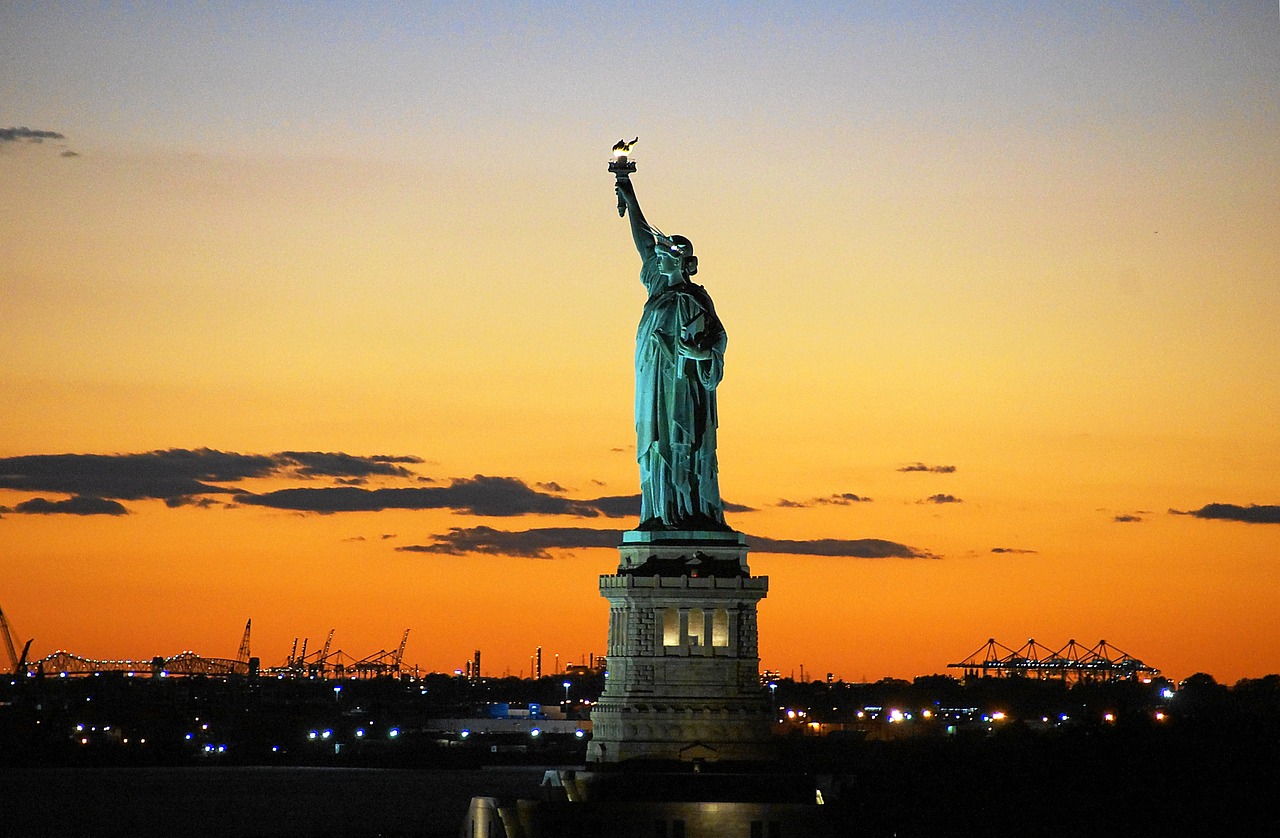Following Trump’s inauguration seven years ago, The Washington Post published their first slogan “Democracy Dies in Darkness”. It seems an apt description of their decision last week.
The Washington Post’s promotion during the 2019 Super Bowl featured a shot of the Statue of Liberty, lit up in the darkness, and Tom Hanks reading: “Knowing empowers us. Knowing helps us decide. Knowing keeps us free.” As many people said at the time, it was all a bit cringey and certainly heavy-handed.
But it was still important that the paper took pride in informing the public; bringing political corruption and dishonesty into the light. In 2017, Jeff Bezos said of his paper’s new masthead: “I think a lot of us believe this, that democracy dies in darkness, that certain institutions have a very important role in making sure that there is light.”
This mission, he claimed, was his inspiration for buying The Washington Post back in 2013. But his alleged decision last week not to endorse either Presidential candidate seems a direct contradiction of all this. An endorsement of Harris was already written but the decision was made not to publish it, marking the first time since 1988 that the paper has not endorsed a Presidential candidate. Bezos’ involvement has been suggested by numerous Washington Post employees, although has been denied by the paper’s management.
Bezos explained the paper’s reasoning that: “newspapers must be accurate and be seen to be accurate… we are failing on the second requirement.” He stated that: “presidential endorsements do nothing to tilt the scales of an election… what [they] actually do is create a sense of bias.”
I believe there are a couple of oversights in his reasoning. Firstly, it seems the decision could have an impact on the election, as the optics of a left-leaning paper denying Harris an endorsement are pretty damning. Stephen Miller, a senior figure on Trump’s campaign, was quick to point out on X that: “you know the Kamala campaign is sinking when even The Washington Post refuses to endorse.”
Critically, but unsurprisingly, Bezos has not acknowledged his financial incentives for supporting Trump, or at least not offending his ego. Amazon Web Services, a subsidiary of Amazon (in which Bezos still owns a significant stake), currently benefits from multiple government contracts worth around $20 billion. Of course, if Trump were to win the Presidency, he could instead gift these contracts to more ‘friendly’ companies.
This case is more convincing given that the CEO of Bezos’ other company – Blue Origins – met with a member of the Trump campaign the same day the expected endorsement was publicly called off. Apparently, the allocation of a $3 billion government contract to build a spacecraft to the moon was discussed, as it seems honest journalism is no longer Bezos’ priority.
Similarly, the owner of the Los Angeles Times – Patrick Soon-Shiong – has also allegedly blocked a Harris endorsement and a five-part ‘Case Against Trump’. Whilst he denies responsibility, writing on X that: “the Editorial Board chose to remain silent and I accepted their decision”, multiple senior journalists at the paper have since resigned.
This includes editorial editor Mariel Garza and Pulitzer prize-winner Karin Klein, as the former wrote in the Boston Globe: “there was no question that [the LA Times’ editorial board] would endorse Kamala Harris.” She continued: “I was told that Soon-Shiong had rejected our proposal… I fear it comes down to money.” Soon-Shiong is known to have a relationship with Trump, and apparently even applied to be a part of the former President’s administration in 2017.
This prompts serious questions about the conflicting interests of influential media proprietors like Bezos and Soon-Shiong, and signals again the danger of Trump establishing an oligarchic setup if he were to win next week. These topics must be investigated further and should be held, as much as possible, in the centre of American political conversation.
Trump has already threatened to pull licences from broadcasters such as ABC News, who – he claims – gave a biased moderation of the Presidential debate. His former Chief of Staff, John Kelly stated that, in his opinion, Trump met the definition of a fascist and would govern like a dictator if no one prevented him. If he were to become President again, I don’t think anyone knows what the consequences would be for American freedom of information.
Of course, America is not about to become a total autocracy, but the threat is real and must be acknowledged. Democracy needs the light of information to survive, and if shady deals go unpunished in America, a fair and democratic future is not guaranteed.
